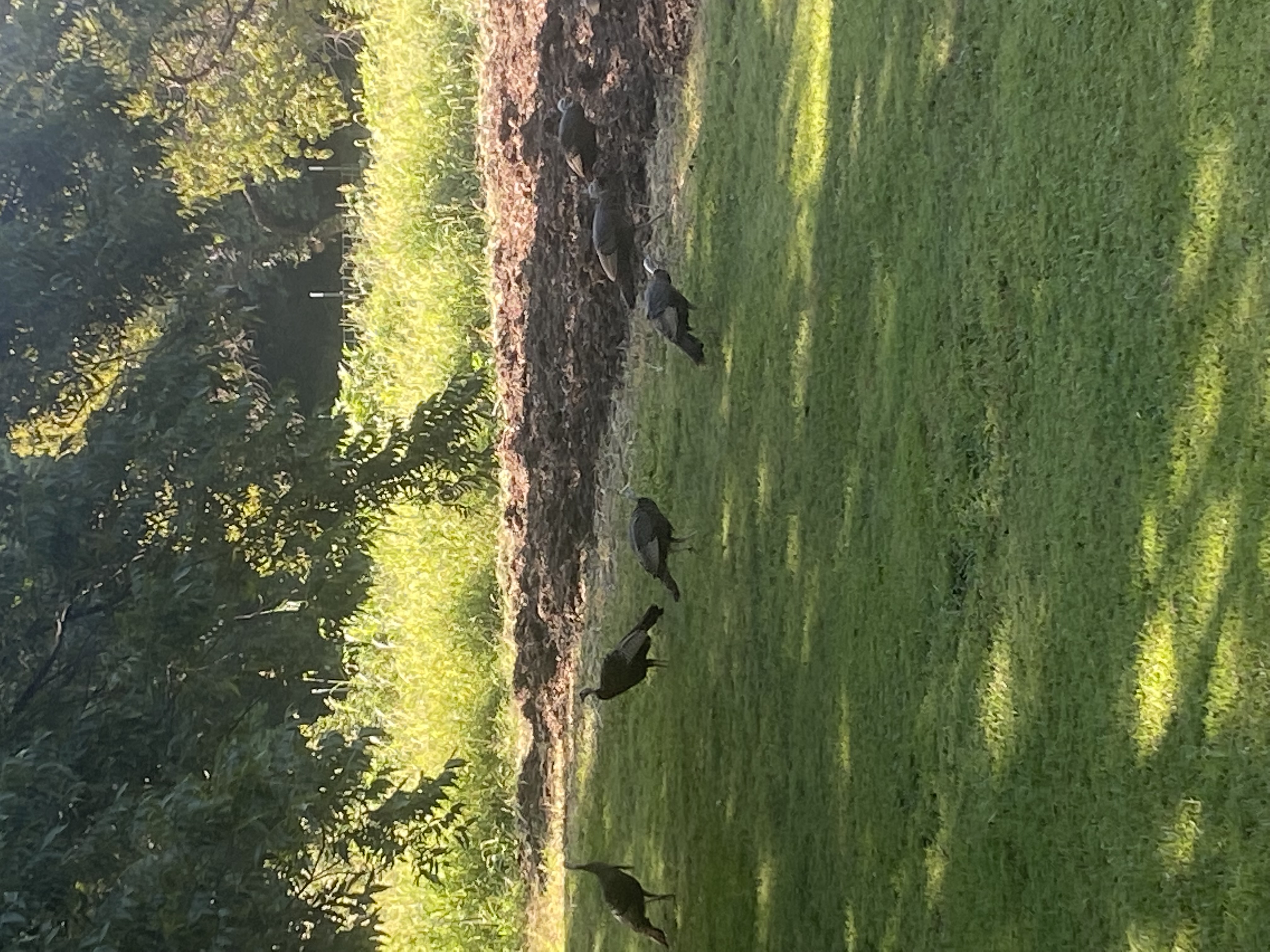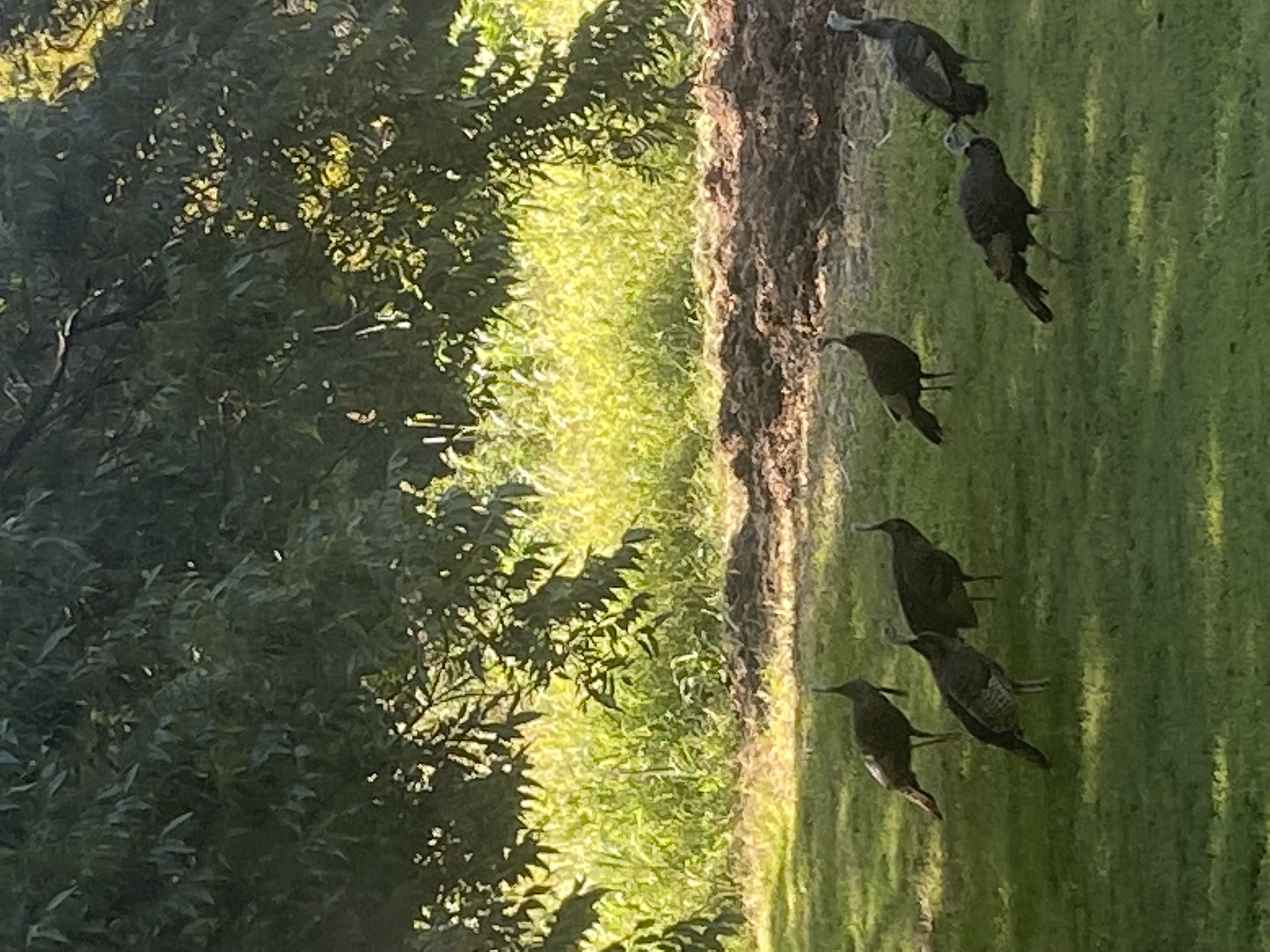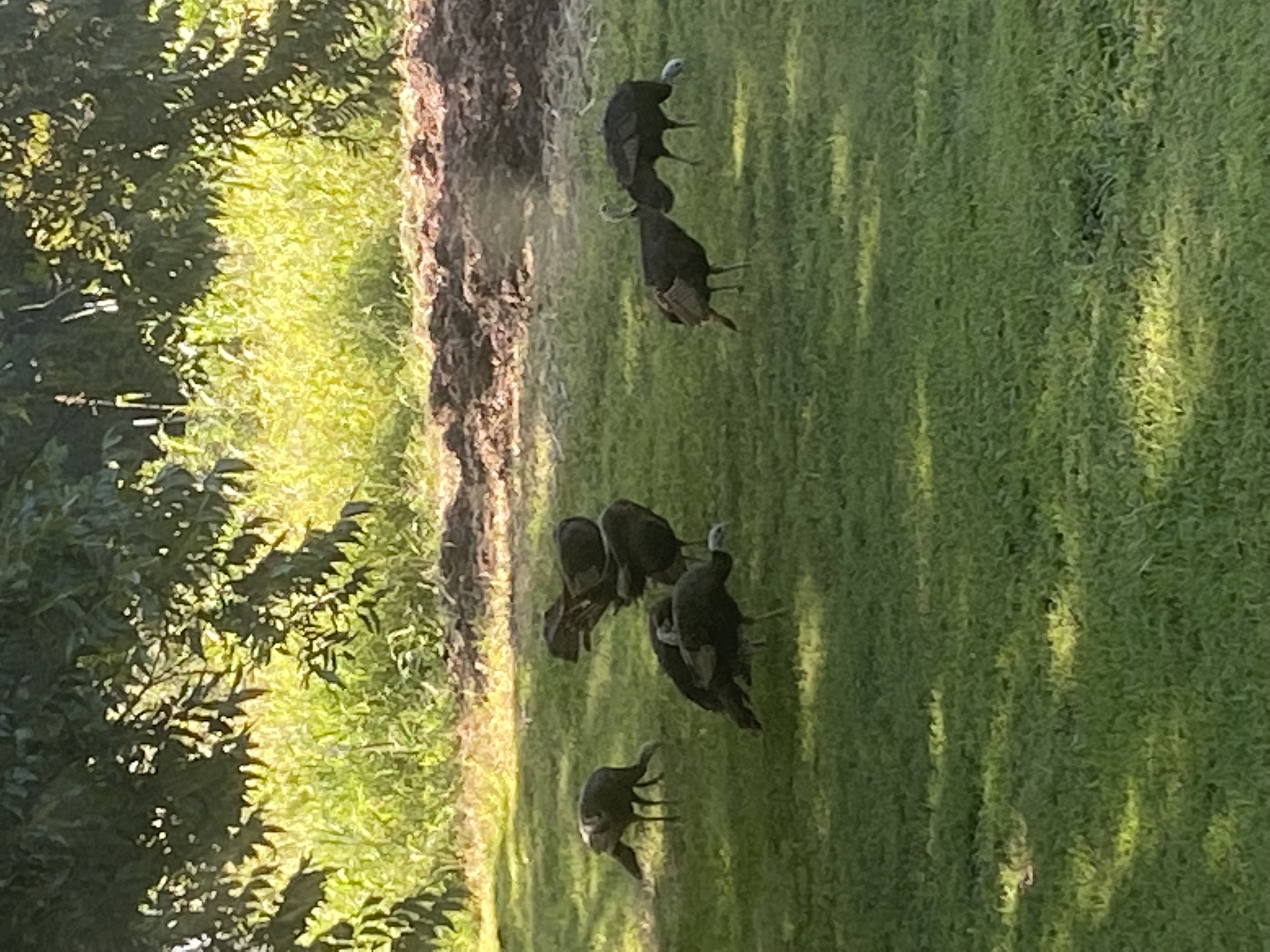God’s Sovereignty over Creation

“Look at the birds of the air; they do not sow or reap or store away in barns, and yet your heavenly Father feeds them. Are you not much more valuable than they? Can any one of you by worrying add a single hour to your life? And why do you worry about clothes? See how the flowers of the field grow. They do not labor or spin. Yet I tell you that not even Solomon in all his splendor was dressed like one of these.” (Matthew 6:26-29)
The Birds, Flowers, and Solomon
Jesus is making a striking comparison here, emphasizing that if God provides for even the most seemingly insignificant creatures, like the birds of the air and the flowers of the field, how much more will He care for His beloved children? The birds don't work to gather food or worry about the future, and yet God provides for them. Similarly, the flowers don’t spin or toil for clothing, yet they are more beautifully adorned than even King Solomon, the wealthiest and wisest king in Israel’s history, renowned for his magnificent splendor.
The mention of Solomon highlights the height of earthly wealth and beauty, and Jesus is saying that the beauty and value of the flowers surpass even the finest garments or riches that Solomon had. In 1 Kings 10:4-5, we see that Solomon’s wealth and wisdom were unmatched, yet Jesus says that the simple flowers of the field are clothed more beautifully than Solomon.
The takeaway here is that God's creation, which He cares for so intimately, displays a beauty and provision that far exceeds the riches of the most powerful human rulers.

The Message of God’s Provision and Care
In these examples, Jesus is teaching His followers about the importance of trusting God for their needs rather than being consumed by anxiety or worry. Just as God cares for the birds and the flowers, He will surely care for His people.
This passage also connects with the larger theme of trusting in God's provision in the Sermon on the Mount (Matthew 5-7). Jesus is calling His disciples to prioritize the Kingdom of God and righteousness over worldly concerns like material wealth and status:
"But seek first His kingdom and His righteousness, and all these things will be given to you as well." — Matthew 6:33
This means that we don’t have to overly worry about our daily needs because God knows them and will provide for us as we seek His Kingdom first. The birds and flowers aren’t striving to accumulate wealth, yet they are wonderfully provided for, how much more will God, who loves us deeply, provide for us?
The Unseen, Abundant Care of God
In a world where much of life is spent chasing after wealth, security, and status, Jesus points His followers to the beauty and peace found in knowing that God is sovereign and caring. He invites us to rest in this reality, trusting that if God takes care of the smallest and most transient aspects of creation, how much more will He take care of us, His image-bearers?
This also speaks to the theme of God’s faithfulness: just as God has always provided for creation and adorned the world with beauty, He will continue to provide for His children. The birds don’t worry because they trust that God will provide their food, and the flowers don’t fret over their appearance because God has made them beautiful in their season. We, too, are invited to trust that God’s provision is sufficient, and that our value is not found in wealth, clothing, or status, but in our relationship with Him.
The Spiritual Significance of the Lesson
In the broader spiritual context, this teaching can also be understood as a reminder that God values us deeply. If He adorns something as simple as a flower with such beauty and provides for creatures that don't work in the way humans do, He certainly cares for us with even greater love and attention. Jesus invites His followers into a way of living where we trust in God’s goodness and provision, rather than being preoccupied with material concerns, more than spiritual ones.
The birds and the flowers remind us of the freedom that comes from letting go of worry and embracing God's care. This is not to say that we should be careless or passive, but rather that we should prioritize our relationship with God and trust that He will take care of the rest, being thankful & showing gratitude in a world of uncertainty, knowing that He feeds us constantly to provide for our material & spiritual needs.
Solomon’s Wisdom and Wealth vs. God’s Beauty and Provision
The comparison with Solomon is particularly poignant because it highlights the futility of human striving for security through wealth and status. Solomon’s splendor was the pinnacle of earthly success, yet it is nothing in comparison to the beauty that God imparts to the simplest parts of creation. Jesus shows us that the beauty and provision of God's creation are superior to anything we can acquire or build on our own.
Solomon himself, though rich, sought meaning and fulfillment in things that were fleeting, wealth, wisdom, and pleasure (see the book of Ecclesiastes). Jesus’ teaching points beyond these to the lasting, unfailing provision of God’s love. Ultimately, even Solomon's wealth and wisdom could not provide the peace and security that God’s loving care offers.
Living in the Assurance of God's Care
The challenge in this teaching is to live with a heart that trusts God's provision without being consumed by the anxiety that often characterizes the pursuit of worldly things. Jesus calls His disciples to adopt a lifestyle of faith that prioritizes spiritual realities over material ones, confident that God knows our needs and will provide for us (materially & spiritually).
As believers, we're invited to rest in the assurance that God sees us, knows us, and cares for us in ways far beyond our understanding. Just as the flowers and birds live in the abundance of God’s provision without worrying about their future, we too are called to live in that same trust, knowing that our heavenly Father will always take care of us.

Conclusion
When Jesus compares the beauty of the flowers to Solomon’s splendor, He is not just talking about physical beauty, but about the underlying truth of God’s provision. He teaches us that God’s love and care for us surpass anything we can create or accumulate on our own. The call is to trust, to live free from anxiety, and to focus on the eternal value that comes from seeking God’s Kingdom first.
In the end, the message is simple yet profound: if God adorns and cares for the birds and the flowers, He will undoubtedly care for us, His children, with even greater love and provision. May God continue to bless you corporeally & spiritually in all your endeavors & may He continue to teach me to give Him thanks for all things. I wish you all health, wealth & wisdom in 2025. Many blessings to you all!